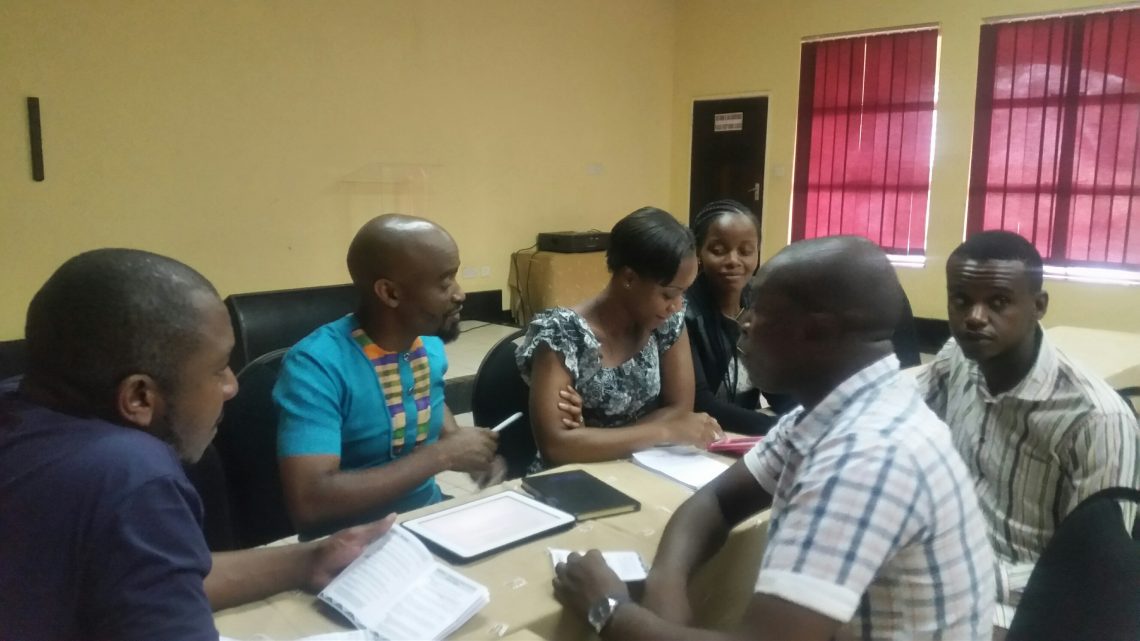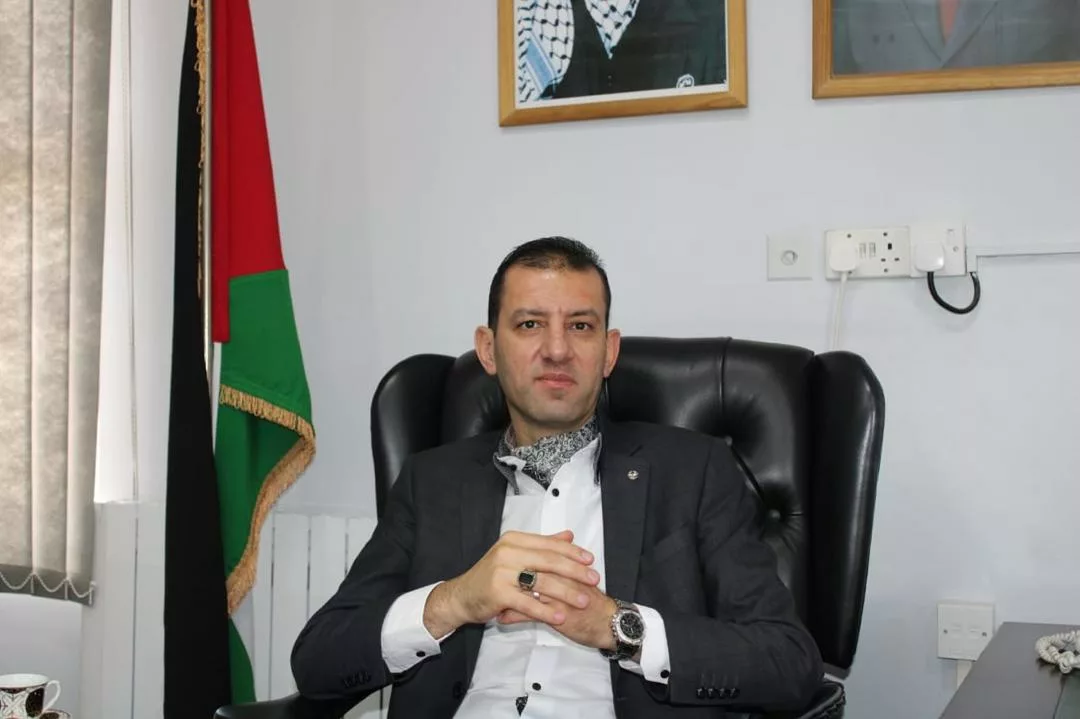By Byron Mutingwende
ActionAid Zimbabwe has said it is of paramount importance to capacitate journalists and other key stakeholders on the African Governance Architecture (AGA) and the African Charter on Democracy, Elections and Governance (ACDEG).
For that reason, ActionAid Zimbabwe (AAZ) is implementing a 3-year project on African Governance Architecture (AGA) focusing on creating awareness and enhancing the understanding of citizens, especially young women and men in Zimbabwe, on AGA and ACDEG importance.
Speaking at the journalists’ training workshop organised by AAZ in Kadoma on 26 March 2018, Virginia Muwaningwa, the facilitator, underscored the importance of increasing advocacy and campaigning for implementation of the provisions in the ACDEG.
“Journalists should have improved knowledge of the African Union, its principal protocols, agencies and organs and their work and functions. With these skills, they will have skills to develop plans to improve coverage, and increase information, knowledge and awareness among citizens, of the AU systems and issues pertaining to the AGA and ACDEG,” Muwanigwa said.
Muwanigwa added that it could be done through increasing and strengthening the role that civil society organisations (CSOs) play in processes to ensure that all AU Member States are democratic and accountable to their citizens, and aligned with the AGA.
Precious Gombera, the ActionAid Zimbabwe Governance Programme Officer said it was important for stakeholders to have skills to plan media activities that influence civil society groups and the youth to support initiatives for implementing the goals of the AGA and ADEG.
Meanwhile, the Zimbabwe Human Rights Association (ZimRights) has reported that CSOs have called upon the government of Zimbabwe to ratify and domesticate the ACDEG ahead of the 2018 harmonised elections.
This came after President Emmerson Mnangagwa signed the Charter on March 21, 2018, on the side-lines of the Extra-Ordinary Summit of the African Union (AU) held in Kigali, Rwanda.
The Zimbabwe Human Rights Association (ZimRights), the Media Institute of Southern Africa – Zimbabwe (MISA) and the Zimbabwe Human Rights NGO Forum (NGO Forum) held a joint press briefing in Harare on Tuesday, March 27, where they applauded the President for signing the Charter, but said that step was insufficient.
The CSOs warned that Zimbabwe had taken almost 20 years, sitting on “other instruments that have been signed and shelved by government in the past,” like the Protocol to Establish the African Court on Human and People’s Rights.
“It is therefore not enough that the President has signed the Charter. We urge the Government of Zimbabwe to take the easy and necessary steps [to] ratify and domesticate the ACDEG for it to be meaningful in the running of elections,” said NGO Forum Director, Blessing Gorejena, who read the statement to journalists.
According to Section 327 (2) of the Zimbabwean Constitution, international treaties signed by the President only become binding on Zimbabwe after Parliament approves them.
“Furthermore, provisions of such treaties do not become part of Zimbabwe’s law until an Act of Parliament has incorporated those provisions into local law,” added Gorejena.
The civic groups noted that the new Charter outlaws unconstitutional change of governments and that “following the events of 15 November 2017, the unconstitutional change of government has become a topical issue” in the country.
“At this moment, the most important part we are applauding is… if there is a sign that signs towards freedom, free and fair elections in Zimbabwe as done by President Mnangagwa,” said ZimRights Director, Okay Machisa.
“The way he came to run the country, we are all aware and it is upon us to legitimise it through the elections that are coming. We hope that the people of Zimbabwe will realise that things that are right should be applauded and things that are not right should not be applauded.”
After the Charter came into effect in February 2017, 45 countries have already signed it and 30 have ratified it as of September 2017.
Misa Director, Tabani Moyo said the ratification and domestication of the Charter were easily achievable steps.
“These are low hanging fruits which test the genuineness of the ruling establishment on whether they are readily available to effect wholesale changes, including ratification and ensuring that the Charter becomes a living reality together with the crop of our laws in the country. So part of our impressing mechanism is to say show goodwill by doing those things that are not costly like aligning laws with the new Charter,” said Moyo.






